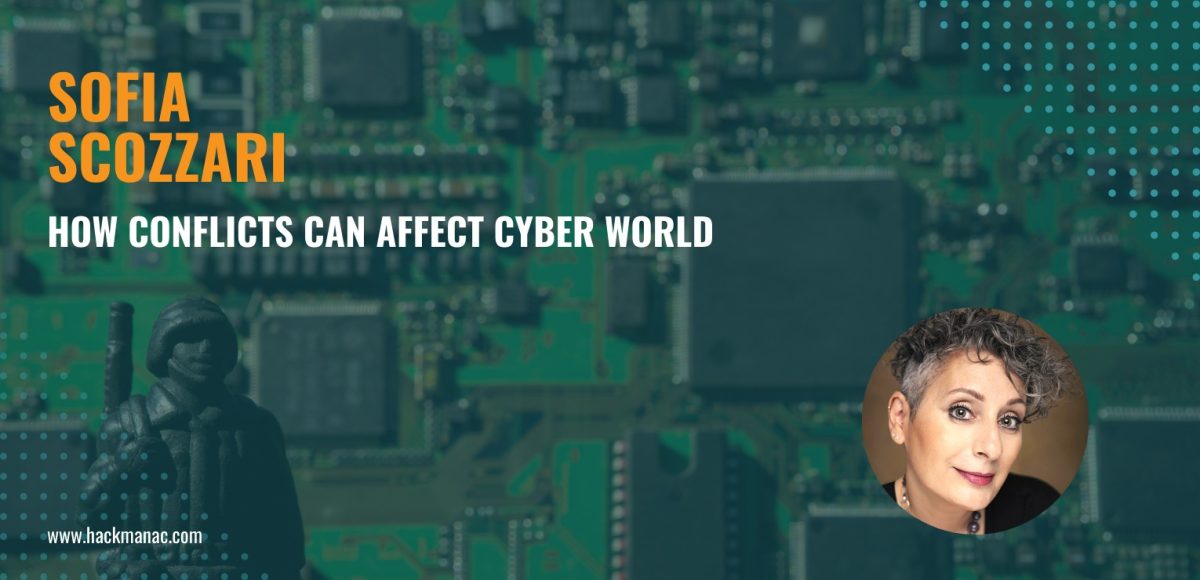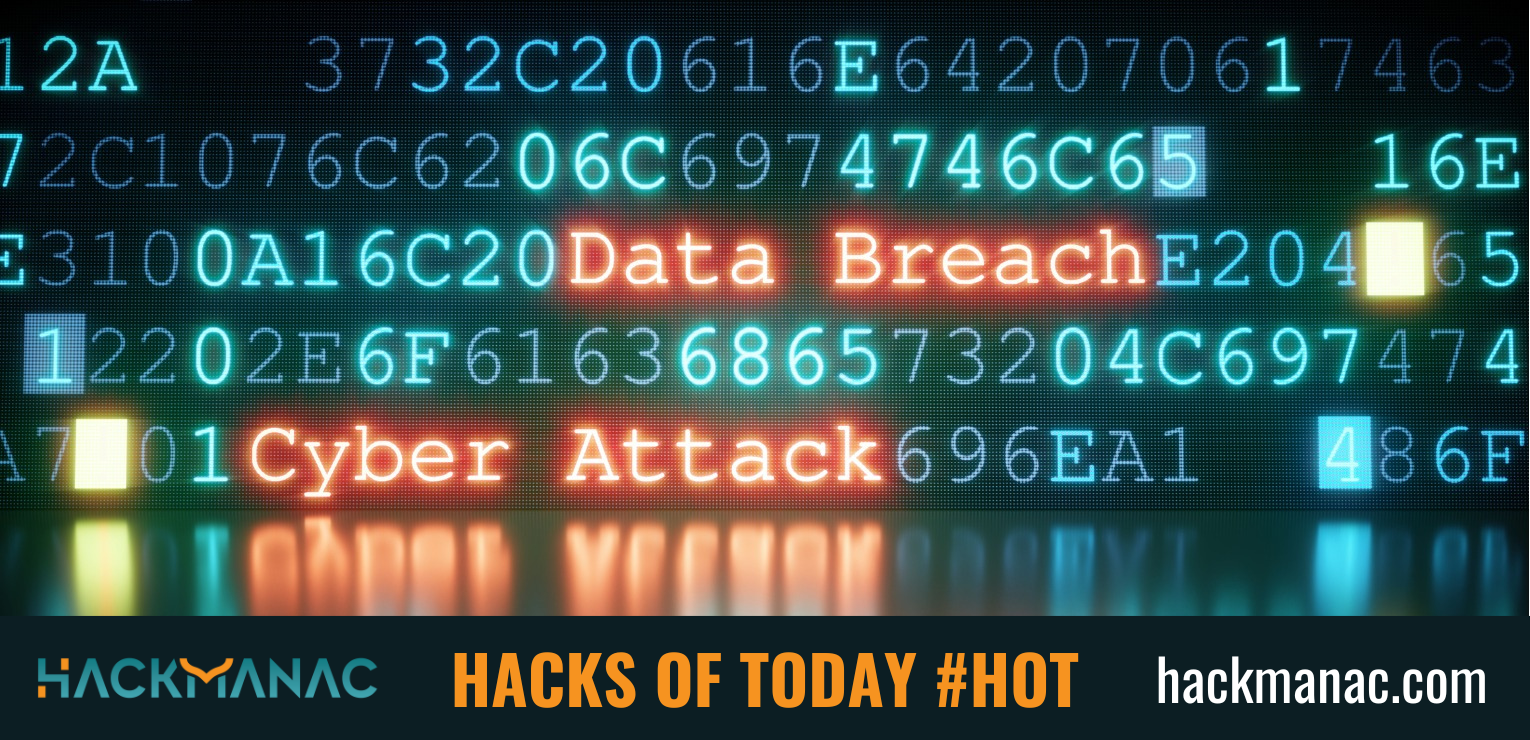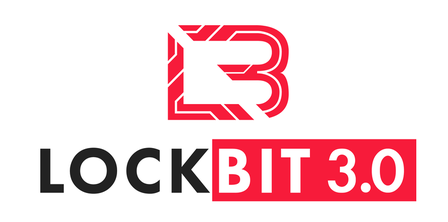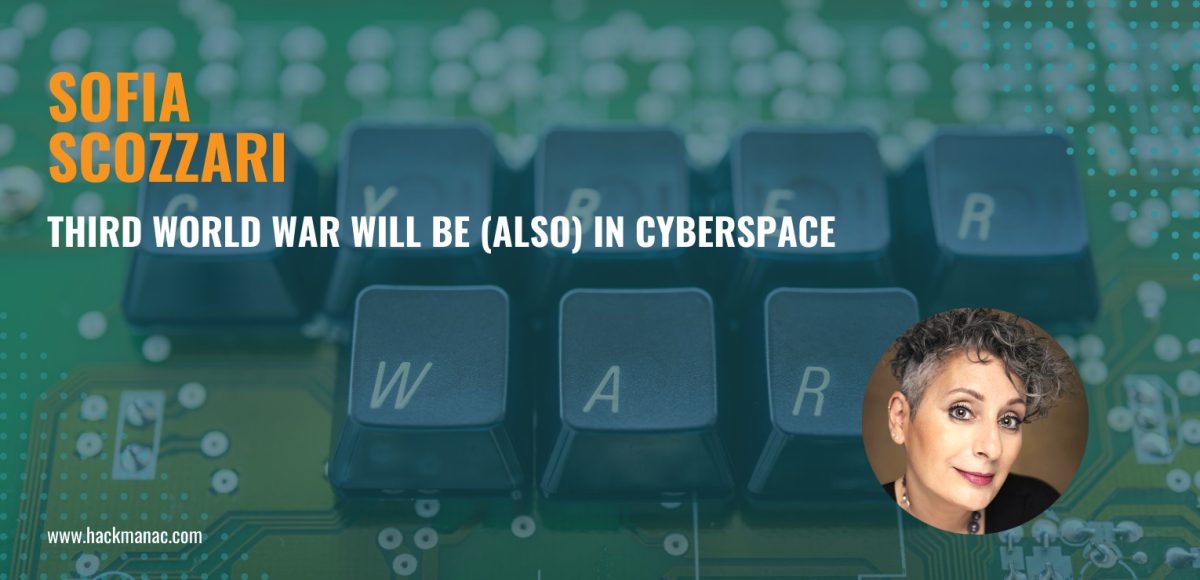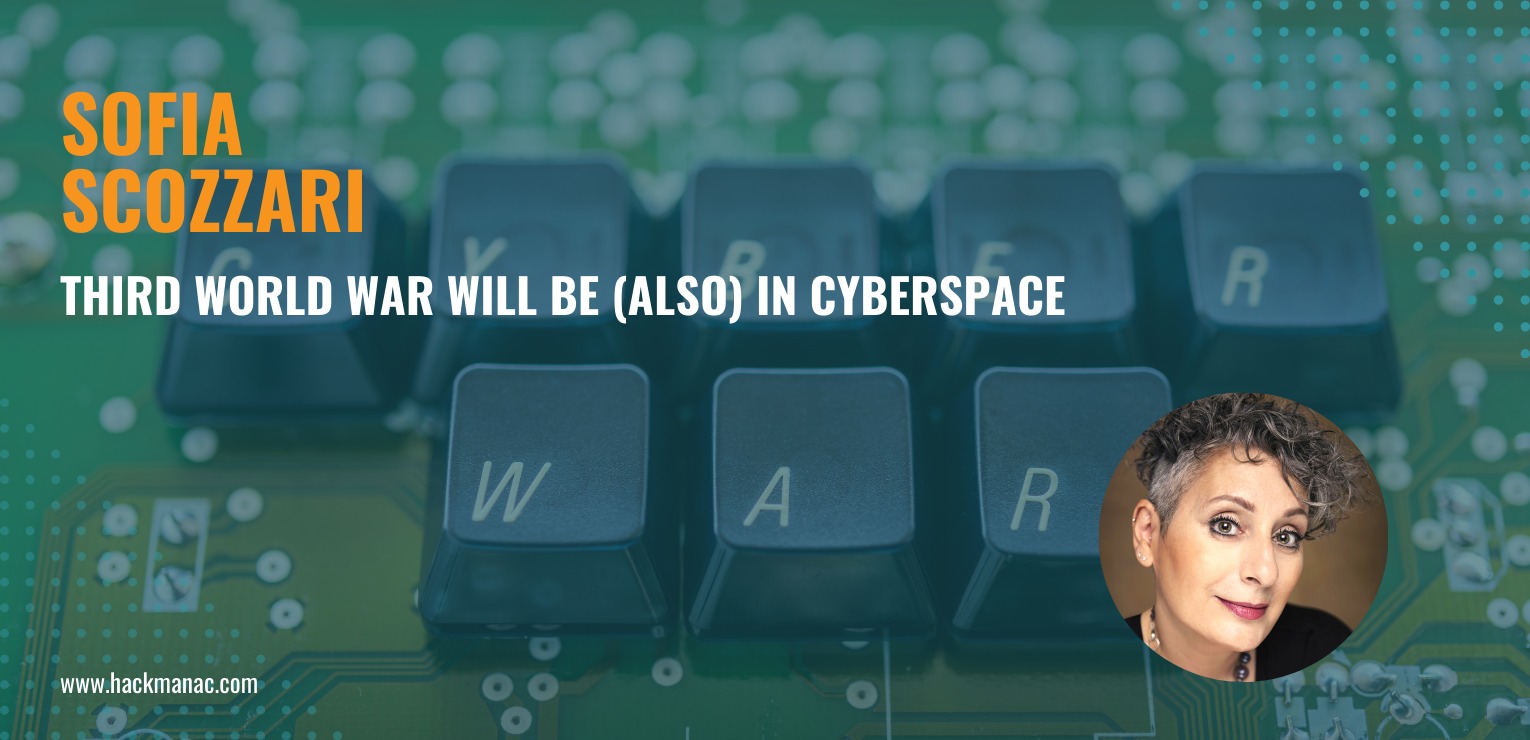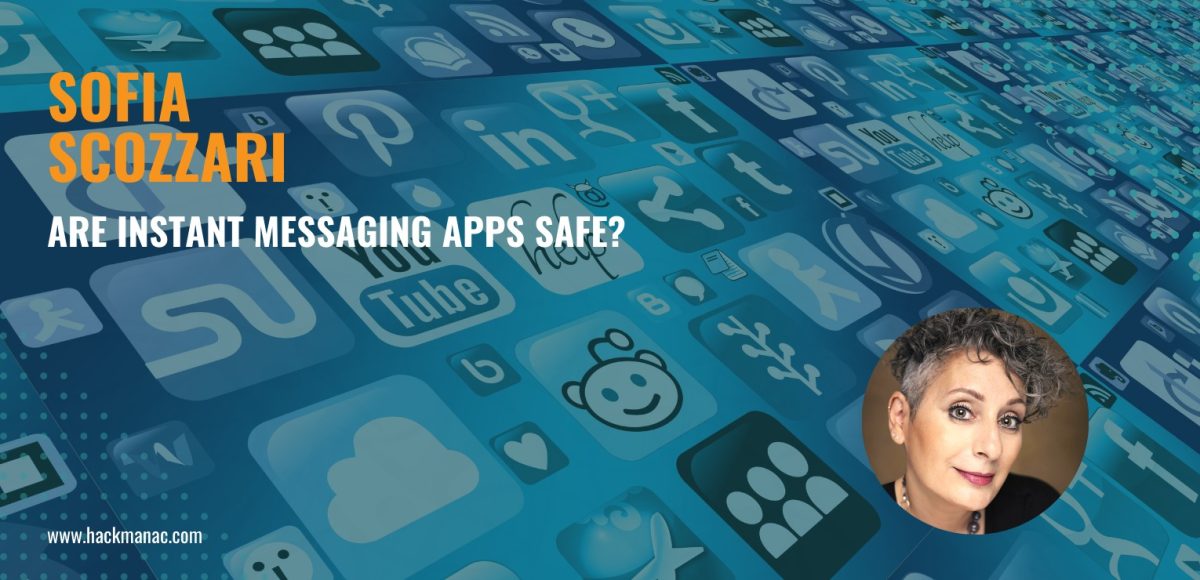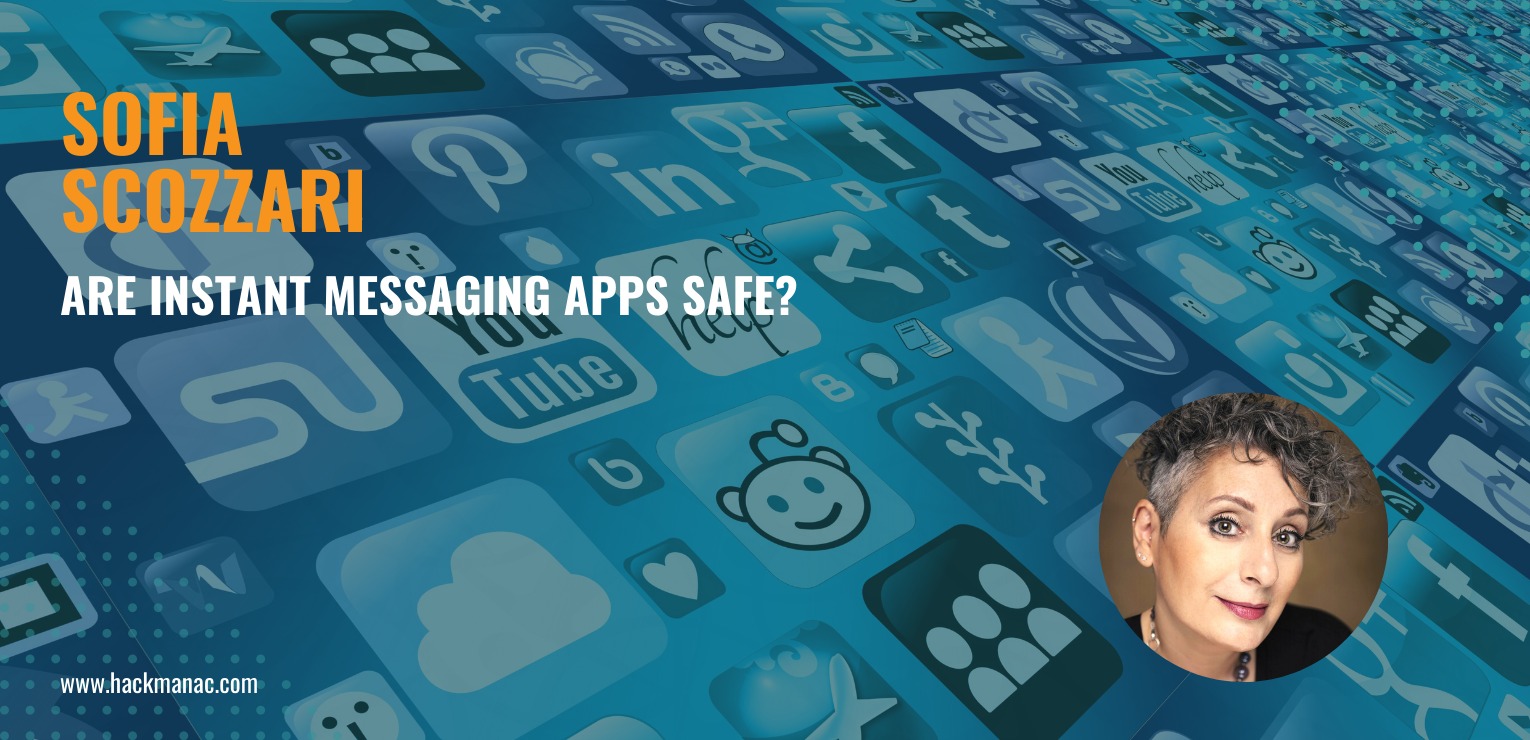news
HOW CONFLICTS CAN AFFECT CYBER WORLD
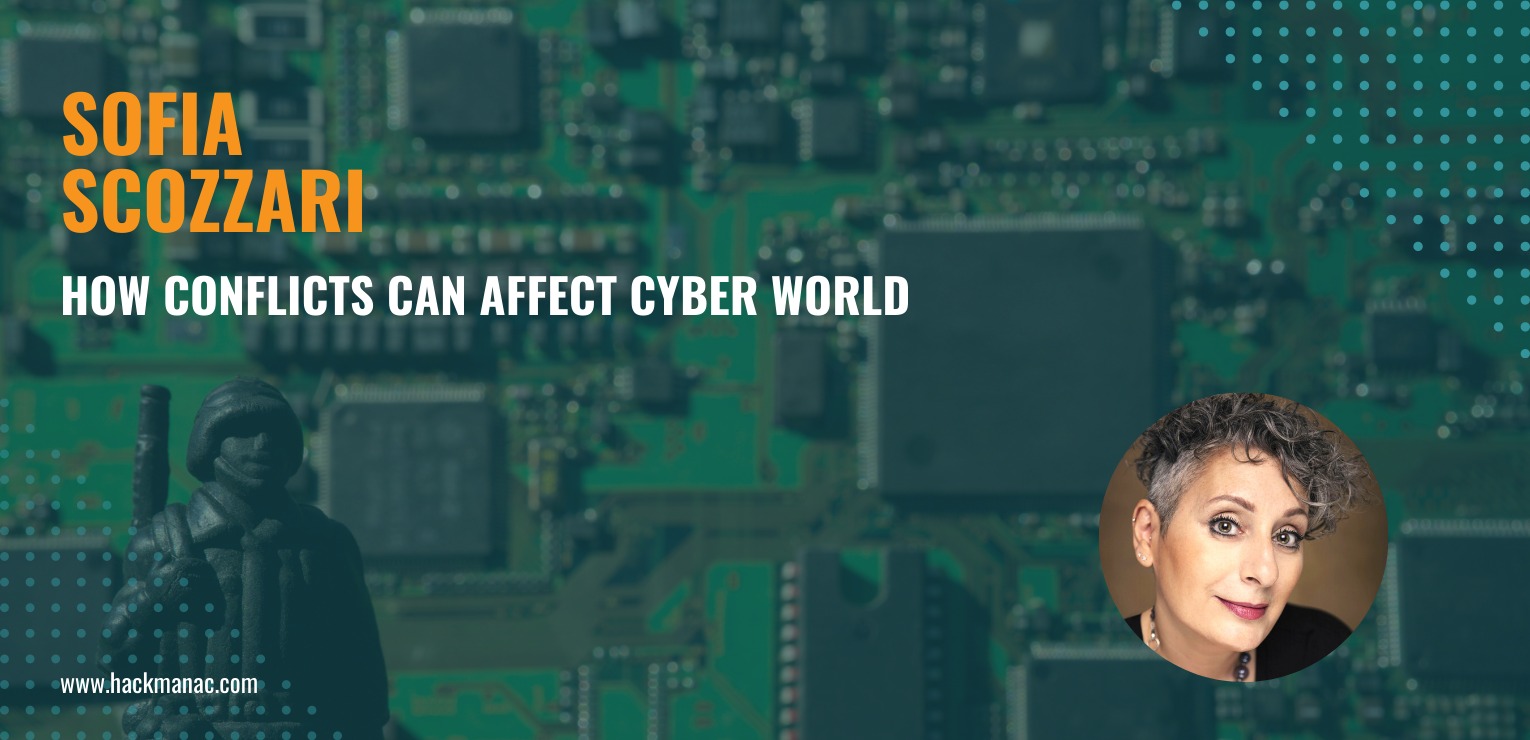
Last week we described how Cyber space could become the scene of the Third World War, and in fact it already is the scene of numerous cyber conflicts.
This time we want to see instead how a conflict in the real world can have repercussions in the cyber world.
This time we want to see instead how a conflict in the real world can have repercussions in the cyber world.
- Cyber attacks in sight
Due to the Russia – Ukraine conflict, the risk of cyber attacks has increased dramatically and not only for the countries involved.
The world has lined up in support of the two sides and Cyber criminals as well as activists (the Anonymous collective in primis) are determined to give a strong show of strength.
The result is that an increase in cyber attacks has been predicted in this period, which could have serious consequences.
Among the various countries at risk there is also Italy: recently CSIRT (Computer Security Incident Response Team) of the National Cybersecurity Agency (ACN) issued an alarm to warn of the imminent risk of cyber attacks against government and industrial entities of the country.
The suggestion, as always, is to adopt all the protection measures of the computer systems and, in particular in this case, notify the authorities in case of any malicious activity.
But it’s also important to remember that we are always subject to this risk, so do not panic unnecessarily. - Should we uninstall Kaspersky?
Many people suggest uninstalling the famous antivirus.
Kaspersky is among the best-known security products in our industry, as well as one of the most effective.
In Italy, Kaspersky security solutions are adopted by many public bodies, including ministries and security agencies.
Unfortunately, Kaspersky is a Russian company.
The fear is that the company may in fact be controlled by the local government and act as an entry point for any cyber attacks with products installed at their customers around the world.
Is it a real perspective?
From the point of view of feasibility, certainly yes.
But the real question is: is it worth it for Kaspersky to destroy its ten-year reputation and relationship with its entire customer base?
Probably not, although the doubt remains that he may not have a choice.
Either way, there will be severe economic repercussions for Kaspersky.
On the other hand, it is also true that, if there really is a risk of hacking or spying through similar technologies, this threat has always existed.
Public administration as well as institutions should evaluate these risks before deciding to purchase software or hardware solutions.
Are we ready to manage our technology purchases based on geopolitical alliances? - Repercussions for cybercriminals
The deployments in the real world have also produced deployments in the cyber criminal world: different gangs have decided to give their support to one nation rather than the other.
And this has resulted in a series of escalating attacks on both sides.
An example of this is what happened to Conti, the criminal group known for the ransomware that has upset organizations and institutions all over the world.
Conti has publicly sided with Russia and, as a result, has suffered a series of attacks that have led to the data leak of the messages exchanged by the members of the group and even to the code of the well-known ransomware.
The famous activist collective Anonymous, on the other hand, has pledged its support to the Ukrainian nation by carrying out a series of attacks on various Russian government entities and even on state TV.
If the DDoS (Distributed Denial of Service) attacks that have slowed down or made it impossible to use the services of different institutions are certainly annoying, but not too worrying, the data leak of confidential information, on the contrary, could have dangerous consequences (such as, for example, in the case of the Russian Nuclear Institute).
- Update systems and applications, especially (but not only) those exposed on the Internet;
- Verify the presence and proper functioning of backup systems, in particular for critical and sensitive data;
- Be prepared not only for cyber attacks with malware and DDoS, but also for Phishing that could facilitate the retrieval of useful information to subsequently breach systems.
Latest news
HACKS OF TODAY 11-12-13-14-15/05/2024
Today's HOT includes 94 victims by the notorious Hunters International, Rhysida, BianLIan, dAn0n, Qilin, Embargo, Everest, INC Ransom, Black Suit, Monti, Akira, RansomHub, Zero Tolerance...
Read MoreHACKS OF TODAY 09-10/05/2024
Today's HOT includes 94 victims by the notorious Hunters International, Rhysida, BianLIan, dAn0n, Qilin, Embargo, Everest, INC Ransom, Black Suit, Monti, Akira, RansomHub, Zero Tolerance...
Read MoreOPERATION CRONOS AND THE MAGNITUDE OF THE LOCKBIT REACTION: 119 PREVIOUSLY UNCLAIMED VICTIMS WORLDWIDE
In recent days, following the events involving the LockBit criminal group and law enforcement with Operation Cronos, the hacker group decided to go all in...
Read More